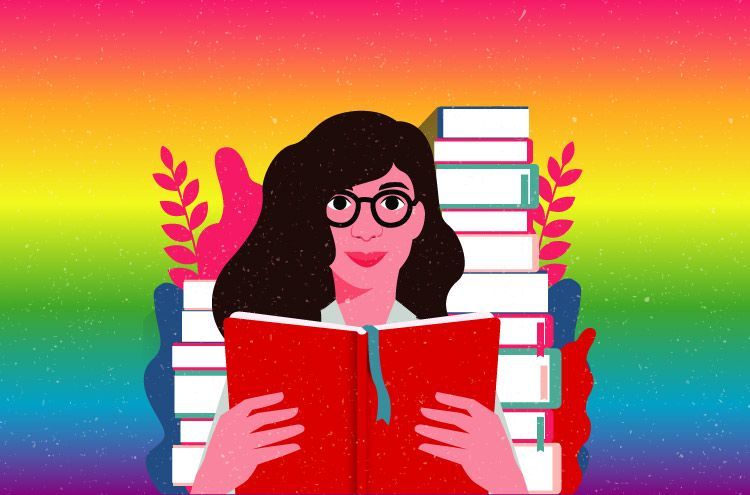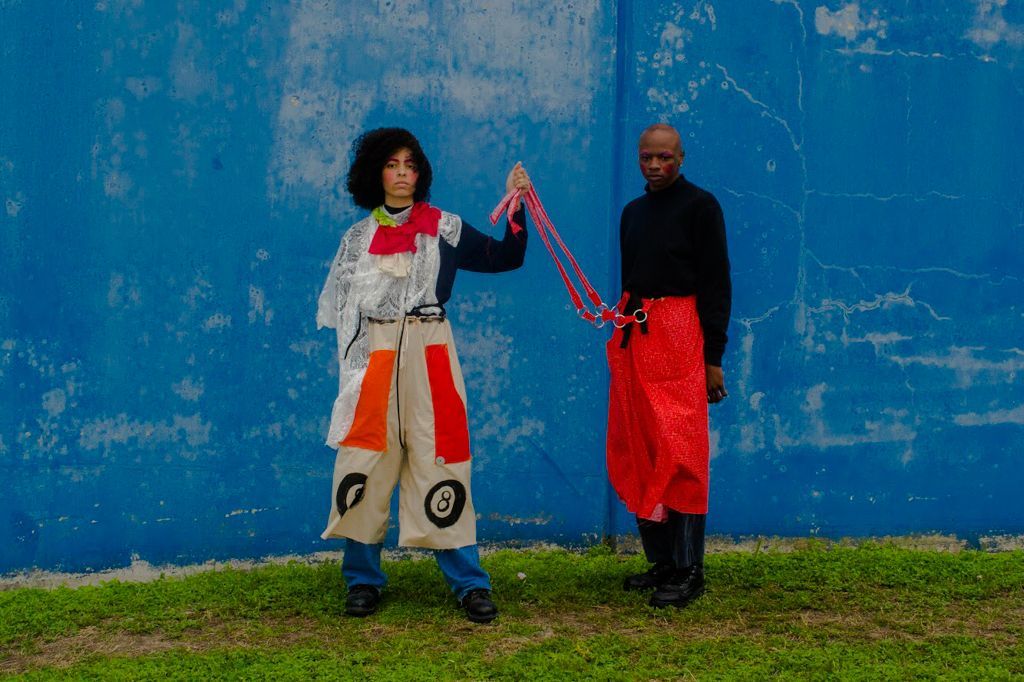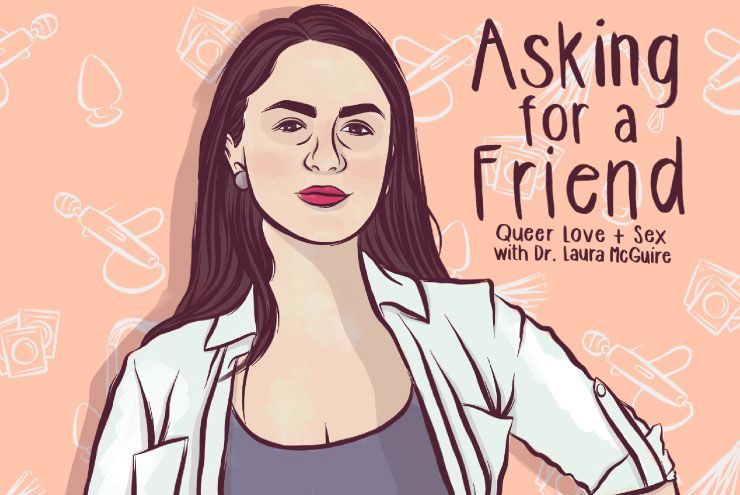By Brian Riedel
Editor’s Note: The text below is a talk given on October 5, 2019 at Pride Houston’s Heritage Gala, during which eight scholarships were presented to students ranging from high school to graduate programs. Pride Houston is already planning for the 2020 Heritage Gala.
The mission of Pride Houston is to educate, commemorate, and celebrate. I’d like to focus our attention on that first, foundational bit. One kind of education teaches skills toward a job that earns money. I believe education can also be revolutionary; after all, the Latin root educere means “to lead out.” That kind of education is how we lead each other out of darkness by sharing light—light that we discover we can hold and pass on to others. That kind of education is a gift that transforms everyone.
I hope you’ll agree with me.
We who find community in the grand LGBTQ coalition often receive a poisoned version of that gift, however. Even if we show up just expecting to learn a skill to do a job, too often we walk away with soul-killing lessons in what others think of us. According to the 2017 National School Climate Survey, 62 percent of LGBTQ students experience discriminatory policies or practices at school. Sometimes, we internalize those lessons so deeply that we take our own lives. We might remember Nigel Shelby just this April in Alabama, or Asher Brown in 2010.
The memory of their lives and countless others strengthens my belief that questions around education form the deepest structure of our movement’s ongoing work. I invite you now to think with me about three of those questions and the initiatives we’ve created to answer their call.
The first is: who may teach?
For decades, we educators have guarded our careers from attack. In the ‘50s, it was from McCarthyism. In 1977, it was from California’s Briggs Initiative that would have barred lesbians and gays from teaching in public schools. Fortunately, a broad coalition, which included Harvey Milk, President Jimmy Carter, and Governor Ronald Reagan, defeated that measure. However, other states enacted similar bans. Oklahoma’s 1978 law was fought all the way to the United States Supreme Court in 1985.
Today, it is not just queer educators who worry for their jobs. Next week, the US Supreme Court will hear oral arguments in three cases about whether Title VII of the 1964 Civil Rights Act prevents employers from firing us because of who we love or who we are. The Department of Justice has filed two separate briefs arguing that Title VII does not cover gender identity or sexual orientation. In the absence of a federal Employment Non-Discrimination Act, state-level protections, or local protections like those the Houston Equal Rights Ordinance would have afforded, the question of Title VII protection is particularly urgent.
At the same time, these last decades have brought an astounding social shift. When I was in grade school and high school, I did not know whether any of my teachers were part of my tribe; I have to assume that, even if they were, they would not have dared to say so. I did have one out professor in college, and then a strong circle of out professors in graduate school. Parallel to that shift, we gender non-conforming and queer educators have gotten organized. Most professional academic associations have an LGBTQ caucus. GLSEN (founded in 1990 as the Gay, Lesbian, and Straight Education Network) still connects and supports educators at all levels and institutions. Houston’s own OutSmart magazine even features educators in its Gayest and Greatest awards. From kindergarten through college, from soccer to choir, we teachers are increasingly out to our colleagues, our students, and their families.
But that raises the second question: who may learn? Can our queer and gender-diverse students fully show up in our classrooms? Under Secretary Betsy DeVos, the Department of Education has been making it harder for our students to do that. In February 2017, a joint memo from the DOE and the DOJ rescinded prior guidance that included transgender and gender non-conforming students under Title IX of the 1972 Education Amendments Act. In February 2018, the DOE confirmed that it would no longer investigate complaints from transgender students about access to appropriate bathrooms in public schools. Just last month, the DOE’s Office of Civil Rights released a proposal for required data collection this school year that drops any specific counting of bullying due to gender identity.
These policy decisions leave the law intact but poison the gift. They teach our gender non-conforming students three lessons: they can be defined out of existence, they will not be heard if they risk speaking up, and they are not worth measuring. And do not be deceived into thinking these policies somehow only touch transgender students. We know that much of the bullying our lesbian, gay, and bisexual students endure occurs because their peers see sexual orientation through a gendered lens—that sissy boy is a queer; that butch girl is a dyke. In other words, “not straight” sexualities are often seen as gender non-conforming.
That is why we have created support systems that remind our youth of the truth: they have a right to exist, we do hear them, and they do matter. Gay/Straight Alliances continue to be a welcome refuge in our schools. Beyond the campus, organizations like PFLAG, HATCH, and Gender Infinity do life–saving work. We also know that education is not cheap. Scholarship initiatives like the Point Foundation, Houston’s own Out for Education, and tonight’s awards from Pride Houston put our money to work in ways that will pay off for generations.
Even when both teachers and students can show up in the classroom as all of who we are, a third question remains: What may be taught? Fortunately, only six states have legislation restricting queer content in classrooms. Texas, however, is one of them. These restrictions go beyond whether a student might learn about Bayard Rustin or Sylvia Rivera in a history class. These so called “no promo homo” laws particularly target sex education, a policy issue many were glad to see raised at the September LGBT Forum presidential debate in Iowa.
Even when states do not restrict what we can say in the classroom, many teachers, even some within the LGBTQ community, feel ill equipped to offer queer-inclusive content. That is why some of the most important education initiatives today are about creating and distributing fact-based lesson plans. The ONE Archives in Los Angeles has started developing lesson plans from their collections. The organization History UnErased has been doing exceptional work since 2015 to create the first and only LGBTQ-inclusive US history curriculum aligned with state and national standards. And in a very welcome development, the National LGBTQ Task Force has just launched the LGBTQ and HIV positive Texas Sex Education Leadership Program, modeled on the work they already did in Michigan. Young Texans aged 15–25 will receive leadership development training, learn about sex education in Texas, and help organize a statewide gathering of sexual health advocates in Spring 2020.
We Houstonians are also committed to making the full range of our communities’ stories more visible and accessible. This year, Professor Jess Waggoner is offering the University of Houston’s first Transgender and Non-Binary studies class. Arden Eversmeyer and many other women have labored tirelessly to record the oral histories of hundreds of lesbians over the age of 70. JD Doyle has made hours of lesson plans freely available on his Queer Music History 101 website. Harrison Homer-Guy has helped spearhead the Charles Law Community Archive, a collaboration with the Gregory School of African-American History at the Houston Public Library that will preserve Houston’s Black LGBTQ history in the heart of historic Freedmantown. Students at Rice University have archived interviews with over 140 Houstonians who have made our queer communities possible. Organizations like the Gulf Coast Archive and Museum of GLBT History, the Charles Botts Collection, the JD Doyle Archives, and the Transgender Foundation of America Archives also continue to collect, now bolstered by collaborations with the University of Houston’s M. D. Anderson Library.
Each one of these initiatives offers an answer to the structural questions underlying our movement. No one of them is enough on its own, but collectively their potential is revolutionary. They help teachers and students show up as our full selves in the classroom, and ensure that we will have fascinating, challenging, and moving things to discuss, to help us imagine new futures. That kind of education is how we lead each other out of darkness. That kind of education is a gift that transforms everyone.
I hope you’ll agree with me.







